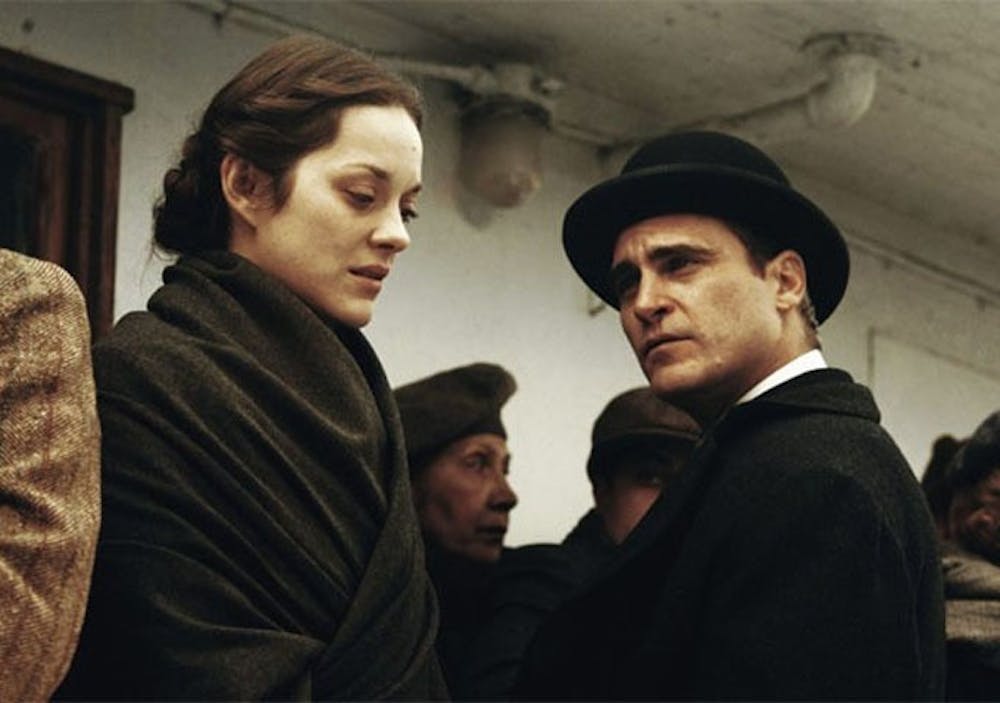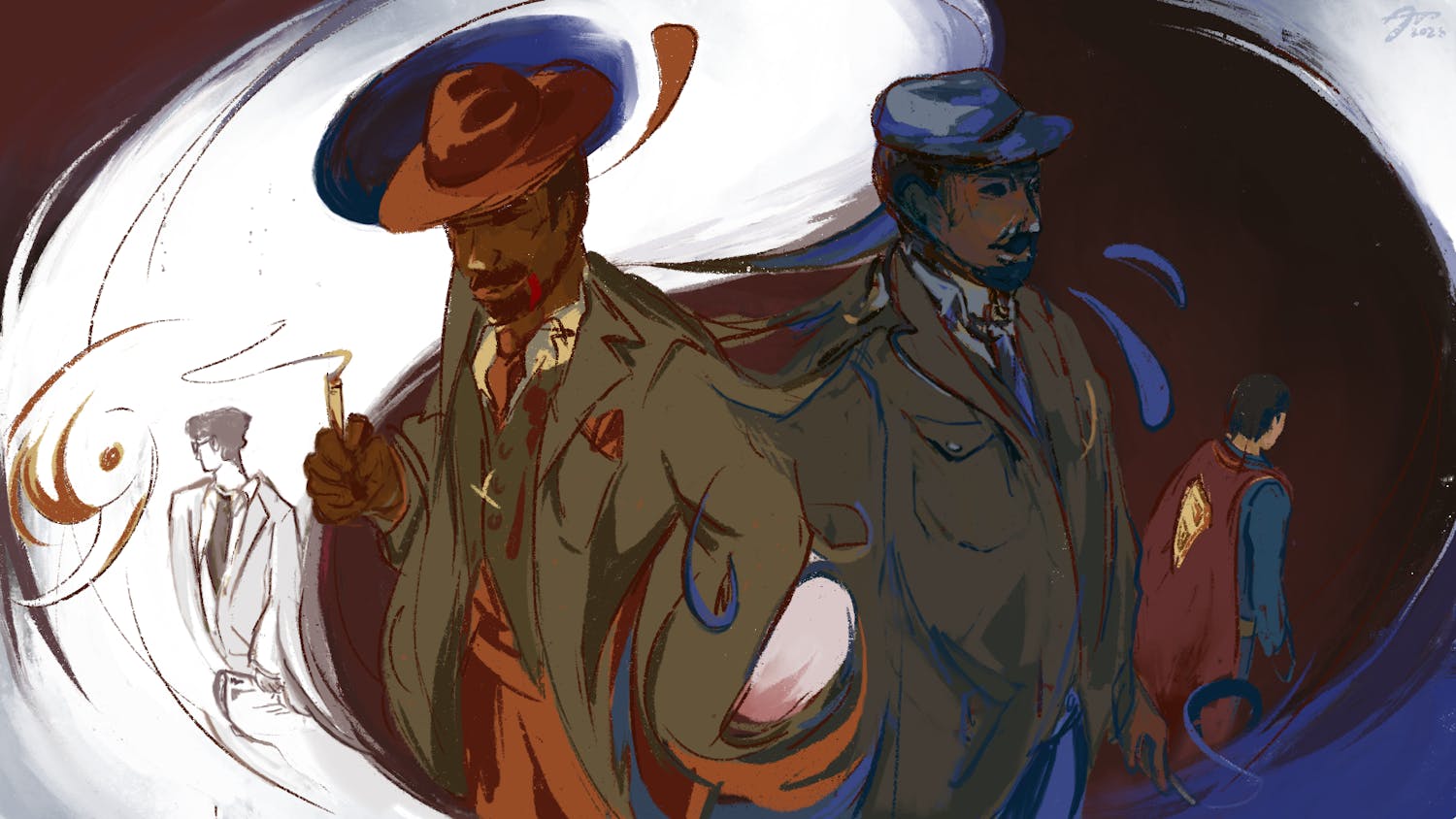Apprehension immediately onsets as the camera navigates through the bustling crowd of immigrants eagerly anticipating a stamp of approval from the Ellis Island officers. That same unease only heightens as the focus turns to Ewa (Marion Cotillard), a Polish immigrant, the star of director James Gray’s melodrama, “The Immigrant,” who is quickly separated from her tuberculosis–stricken sister, Magda (Angela Sarafyan). Bruno (Joaquin Phoenix), a New York City pimp, quickly capitalizes on Ewa’s desperation to avoid deportation and launches the series of unfortunate events that plague her—all of which she endures all for the sake of her sister.
While a few eyebrows may rise in regard to the originality of the struggles of an immigrant during the 1920s, skepticism quickly subsides as the striking parallel between Ewa’s appearance and plot transpires; beneath her over-worn and monochromatic rags lies a unique, at once fragile and bold poignancy that dissolves any impressions of a clichéd storyline.
As Ewa slides into prostitution, her hauntingly sadistic relationship with Bruno, who disguises his malice with altruistic pleas, develops an element of inverse Stockholm syndrome. He manipulates her. He reduces her to begging. He whores her out—and yet he falls madly in love with her. But don’t let Ewa’s sullen dark circles fool you; despite the degradation to which she succumbs, she does so with powerful and humbling resilience, as depicted during Bruno’s “Around the World” show. Ewa, a prostituted damsel in distress, ironically emerges on stage as Lady Liberty—Gray’s scathing commentary on the lengths an immigrant must go for America’s illusional promise to life, liberty and the pursuit of happiness.
Bruno’s controlling grip over Ewa only tightens when she subsequently falls in love with his magician cousin, Emile (Jeremy Renner), who appears to be her savior, most notably when he levitates into a crucifix during his show. However, only further melancholy ensues, beautifully mirrored by the sfumato-esque, sepia haze of the film.
The ending of this melodrama is nothing short of predictable, but Ewa’s forgiveness of Bruno very much is. Despite the hell he dragged her through, she harbors no hatred for him. In fact, right before the two peacefully part ways in an incredible split window–mirror shot, she admirably and emphatically whispers, “You are not nothing” as he convulses in her arms—one of the most harrowing moments of film that leaves you with an unforgettable disquietude.
Grade: B+ Rating and Runtime: R, 120 minutes







